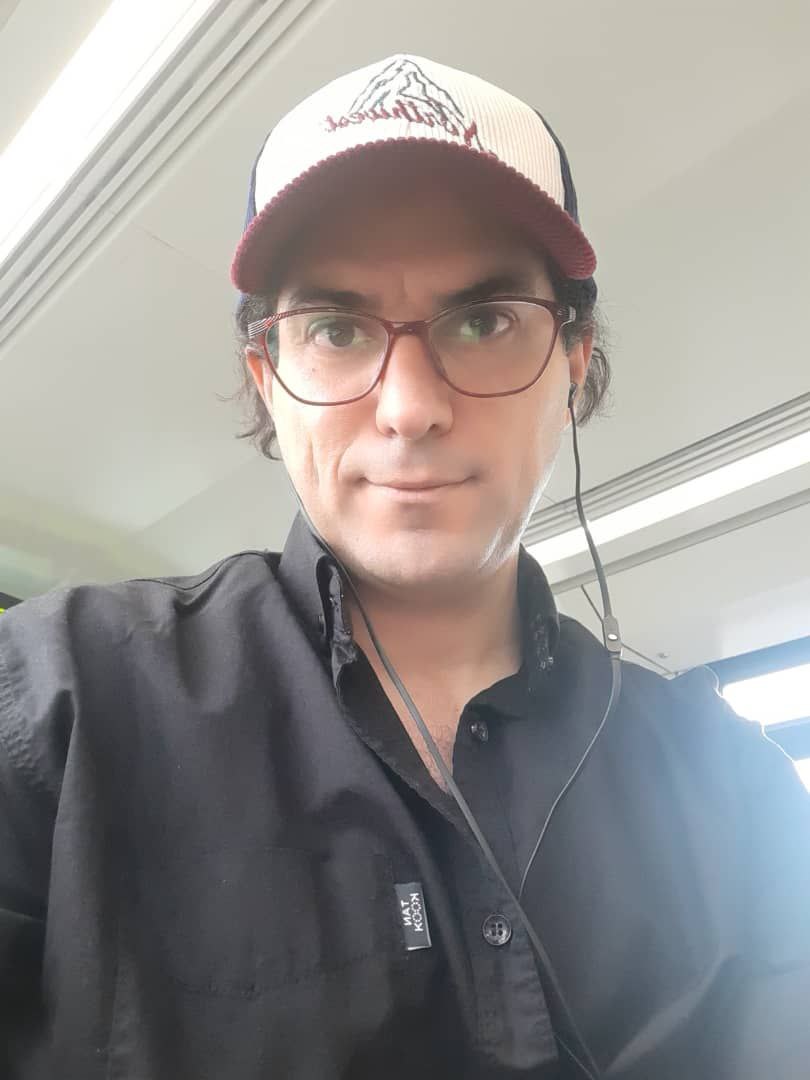
Dr. Hamed Ghane
Neurotechnology Researcher
Building brain-computer interfaces at the intersection of AI, neuroscience, and control engineering
🎯 Career Journey
2002 - 2014
Control Engineering Path
BSc, MSc, PhD
Amirkabir University of Technology, Tehran
2014 - 2022
Assistant Professor
Control Engineering
Islamic Azad University, Guilan
2022 - 2024
Pivot to Neuroscience
2nd MSc - Brain & Cognition
Pompeu Fabra University, Barcelona
About Me
I'm a research scientist with a control-engineering foundation working on neural interfaces and real-time ML on EEG/EMG/ECG. I build closed-loop systems with causal, low-latency inference in Python/LSL.
Currently a Research Associate at the University of Glasgow, I combine computational neuroscience, control engineering and ML to create intelligent brain-computer interfaces.
🧠 Brain-Computer Interfaces
🎯 Control System Design
🤖 Real-time Closed-loop Setup
⚡ Biosignal Processing
📊 Python/LSL/Simulink
🔬 Experimental Design